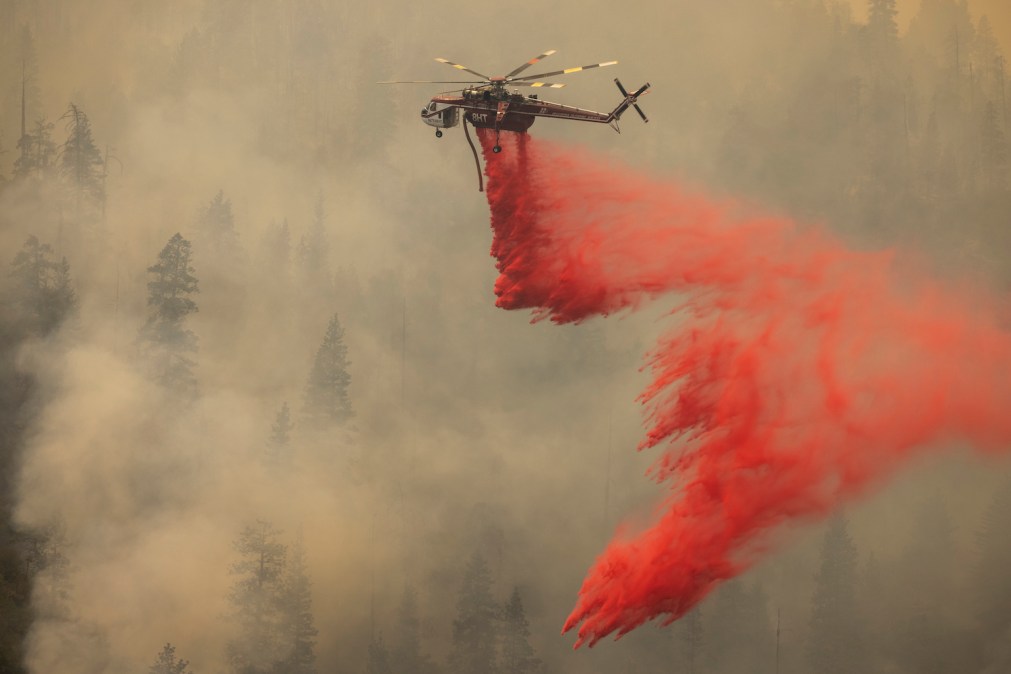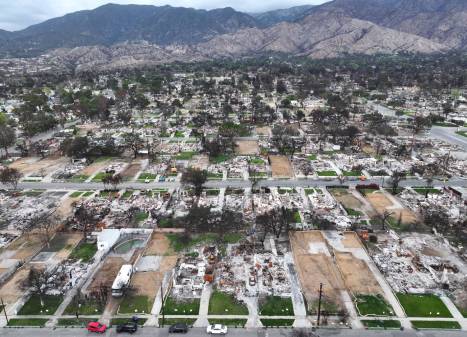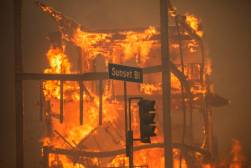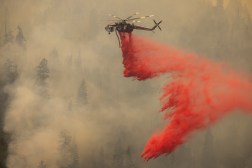For wildfire tech, one California city is turning to Silicon Valley

In the face of a historic regional drought, officials in Palo Alto, California, are leaning on neighboring academic and private-sector technological expertise to improve their preparedness for wildfires.
Though the 66,000-person Bay Area community isn’t known for a history of wildfires, it’s only a matter of time before an “inevitable” blaze hits the area, the California Department of Forestry and Fire Protection said in 2018. If that happens, the blaze would spread through the city’s “wildland-urban-interface,” the forested areas that run in and around Palo Alto, said Ken Dueker, the city’s director of emergency services.
To mitigate the damage a fire would cause, Dueker and his team proposed to elected officials earlier this summer that the city label itself a “test bed” for new internet-connected and artificial intelligence-equipped fire-detection technologies. The easy part — finding businesses and academic experts to share their emerging device and ideas with the city — is already done, Dueker said, because of the city’s proximity to Stanford University and Silicon Valley. First-responder technology is largely an untapped source of collaboration between government and its partners, he told StateScoop this week.
“I’m interested in how we can have the world of research intersect with the world of high-tech startups and the world of government first responders. That Venn diagram is kind of rarified if you think about it,” Dueker said. “There’s not a lot of points of tangency normally, where a city or county government really does much with academic partners or does much with emerging technologies in the private sector.”
Though Dueker and his team don’t need the Palo Alto City Council’s permission to start testing new fire-detection technology, they provided a study to elected officials in June showcasing what sorts of new gadgets they’re thinking about implementing to create a “Foothills Fire Early Warning System,” or FFEWS — a play on the word “fuse,” Dueker said.
Dueker said the city might explore thermal or infrared imaging cameras that use machine learning to alert the city of possible fires. Drones could be set up for “auto-launch,” he said, to provide first responders an aerial point-of-view when a fire is detected by the thermal imaging. Another possible technology the city might explore, he said, is software to facilitate information sharing between city agencies, Palo Alto residents and neighboring communities.
For now, though, there’s no unified system or digital platform that facilitates on-scene management for wildfires in the area, requiring first responders to rely on “wholly inadequate” methods of paper forms and in-person briefings to share information about the scope of nearby fires, according to the city’s report.
In addition to work with neighboring Stanford University and tech firms, Palo Alto officials are also consulting with Carnegie Mellon University in Pittsburgh to study internet-connected sensors and cameras that could detect fires automatically. It has several early-warning systems, but more innovation will be necessary to improve preparedness, Dueker said.
“One of the scenarios we keep bonking into is, heaven forbid, somebody is drunk-driving and crashes their car off of a cliff at three in the morning. They’re dead and no one is there to call 911. The sun comes up and we’ve got a multi-hundred-acre fire that nobody detected in time,” Dueker said. “So really it’s about early detection as much as anything,”






